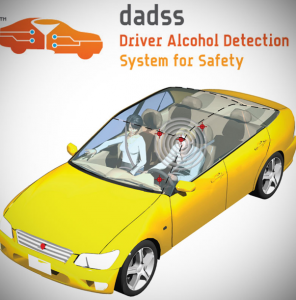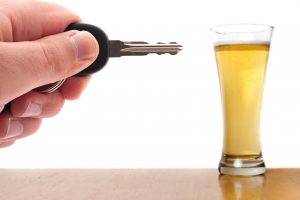If you get into a car in South Africa, you might be taking your life into your own hands. According to a 2015 report by the World Health Organization (as reported in Forbes), South Africa has the most dangerous roads in the world, with 25.1 accident fatalities per 100,000 people. Furthermore, if someone dies in a vehicle accident in South Africa, there’s a 58 percent chance it was caused by someone driving under the influence.
These statistics are quite ironic considering South Africa has some of the steepest penalties for DUI offenses of anywhere else in the world. A DUI conviction can cost up to $10,000 in fines or 10 years of jail time, according to LifeSafer, and as recently as April, authorities were considering implementing a mandatory two-year prison sentence without bail for any DUI conviction. One possible reason for this dichotomy may be that the laws aren’t consistently enforced. According to a report by Voice of America, only 6 percent of DUI arrests in South Africa result in a conviction, thanks to a combination of backlogs, inefficient processing, bribery and corruption.
South Africa’s driving woes illustrate that America isn’t the only nation where DUI is an issue—although the WHO places the United States at Number 3 on its list of worst nations for DUI fatalities, only two behind South Africa a 31 percent fatality rate. The UK falls in the middle at 16 percent, while the country with the lowest DUI fatality rate (again, ironically), is China—the world’s most populous nation.
 “Truth is stranger than fiction, but it is because fiction is obliged to stick to possibilities; truth isn’t.” –Mark Twain
“Truth is stranger than fiction, but it is because fiction is obliged to stick to possibilities; truth isn’t.” –Mark Twain Los Angeles Criminal Defense Attorney Blog
Los Angeles Criminal Defense Attorney Blog







